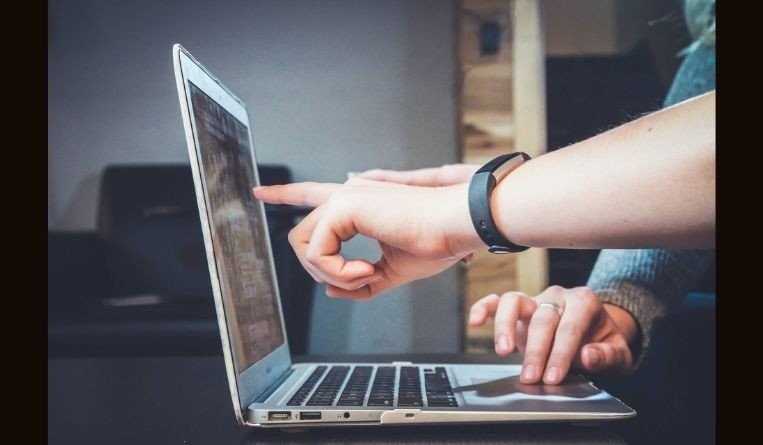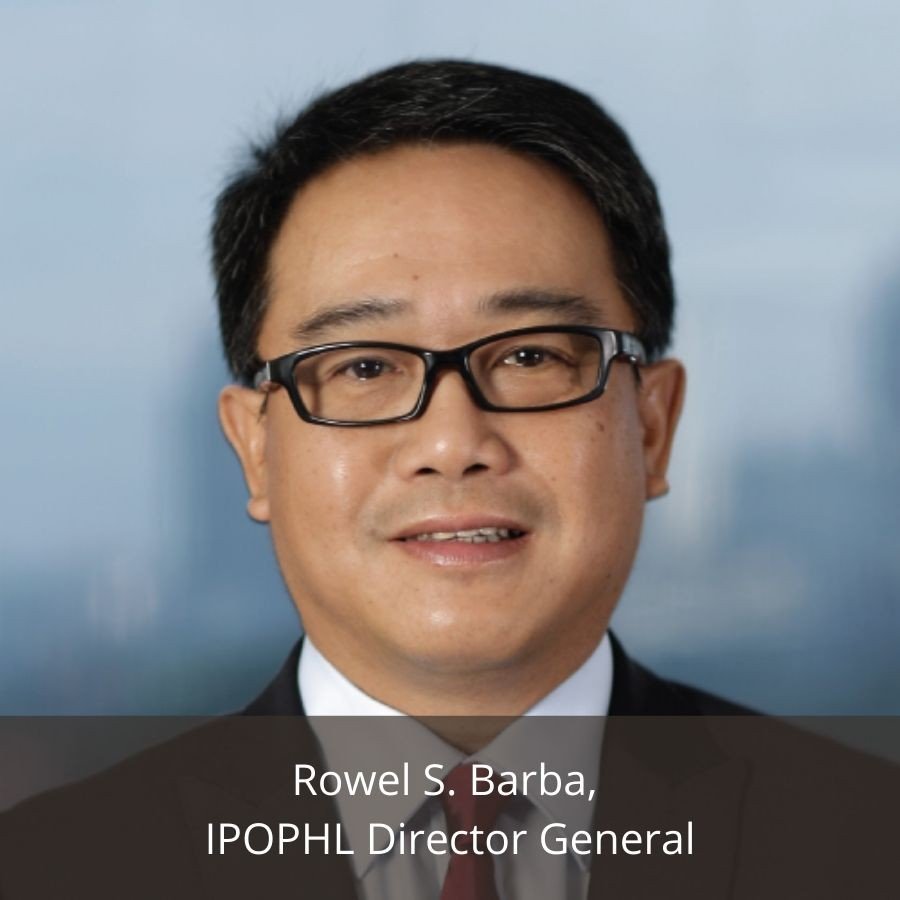Speedier Site-Blocking in Proposed IP Code Revision Could Protect Million Dollars of Entertainment Revenues
28 October 2020

In celebration of National Anti-Piracy Month this October, the Intellectual Property Office of the Philippines (IPOPHL) touted its new draft proposal to amend the Intellectual Property (IP) Code of 1998, and how its provision to give IPOPHL site- blocking powers could save creators around the world from losing billions of pesos to piracy every year.
Under the working draft amendments targeted to be submitted this year to Congress, IPOPHL would have the authority to issue provisional and final takedown orders or cease-and-desist orders to internet service providers (ISPs), domain name registries and registrars, website owners, online intermediaries, online platforms, social media platforms, or any similar medium, for the removal of IP rights infringing content and compliance with the IP Law.
Carried on from IPOPHL’s first amendment proposal submitted to Congress in 2019, the provision would institutionalize IPOPHL's site-blocking orders to cover even ISPs – website infrastructure providers which have ultimate, direct control in shutting sites.
The blocking would still be done through the facilitation of the National Telecommunications Commission (NTC), the agency which has primary regulatory oversight over ISPs. However, NTC would then immediately execute IPOPHL’s orders, eliminating the review process which takedown requests must go through as with current laws.
“This site-blocking will enable IPOPHL to craft its own guidelines on takedowns, such as having ISPs comply within hours instead of several days as the current process would take,” IPOPHL Director General Rowel S. Barba added.

“It will be disruptive as it will provide rights owners with the swift response they need in preventing further harm to their IP rights and potential revenues. Implementing this will also encourage copyright holders, and even trademark owners, to be bolder in filing complaints against IP violations in the online space,” DG Barba said.
However, Barba noted that IPOPHL having a firmer say on site-blocking will still not guarantee the sure removal of content or sites used for piracy or for selling of counterfeit goods as infringers may simply migrate to a new site, a common tactic among pirated networks that makes intercepting them more challenging than ever.
“In their new site, infringers are able to regain their normal levels of traffic in just a few weeks," he said.
“As such, having a faster site-blocking protocol would not in itself be enough to stop piracy and counterfeit-goods selling.
IPOPHL and rights owners would also have to act proactively and with consistency. Implementing a rolling site blocking would be significantly helpful in preventing infringers from succeeding in their next move,” he added.
“Rolling site blocking,” a major goal
Notwithstanding limits in the 22-year-old IP Code, IPOPHL is taking on various efforts to strengthen its crackdown against piracy, including developing a “rolling site blocking” mechanism.
“A rolling site blocking mechanism means that efforts do not stop when one site is blocked. Monitoring for another site put up by the same infringer continues and blocking off this new site is done once it is found. The establishment of such a procedure is part of the breakthrough goals of the IEO in the next five years,” IEO Officer-in-charge Director Ann N. Edillon said.
.jpg)
She added they are collaborating with industry stakeholders for a joint effort in creating this mechanism, with the Asia Video Industry Association (AVIA) as one of the potential partners IEO has already reached out to.
AVIA is an industry association composed of multichannel TV broadcast, digital multichannel television, content, platforms, advertising and video delivery service providers across Asia.
Filipinos favor site-blocking law
In an Oct.15 survey commissioned by AVIA’s Coalition Against Piracy and conducted by YouGov, it was shown that some 49% of Filipinos interviewed online admit to using streaming piracy websites or torrent sites, placing the Philippines third among East and Southeast Asian countries in terms of visiting piracy streaming sites. About 47% of Filipino consumers who accessed such sites cancelled their subscriptions to both local and international content services.
“This remains despite the fact that educating consumers of the economic and public security perils in consuming pirated materials is and continues to be an important part of our enforcement work at the National Committee on Intellectual Property Rights,” Edillon said.
The recent YouGov survey also showed that 53% of Filipinos believe a “government order or law for ISPs to block piracy websites” would be most effective in easing piracy behaviors.
“IPOPHL hopes that once we submit the new draft amendments to the IP Code, Congress will give it the attention it needs.
Our proposed site-blocking regime goes beyond curbing supply of pirated content. It also leaves consumers no choice but to access content through legal platforms, eventually fostering a culture where paying for content is a norm, as it should rightly be,” Barba said.
Excel V. Dyquiangco






